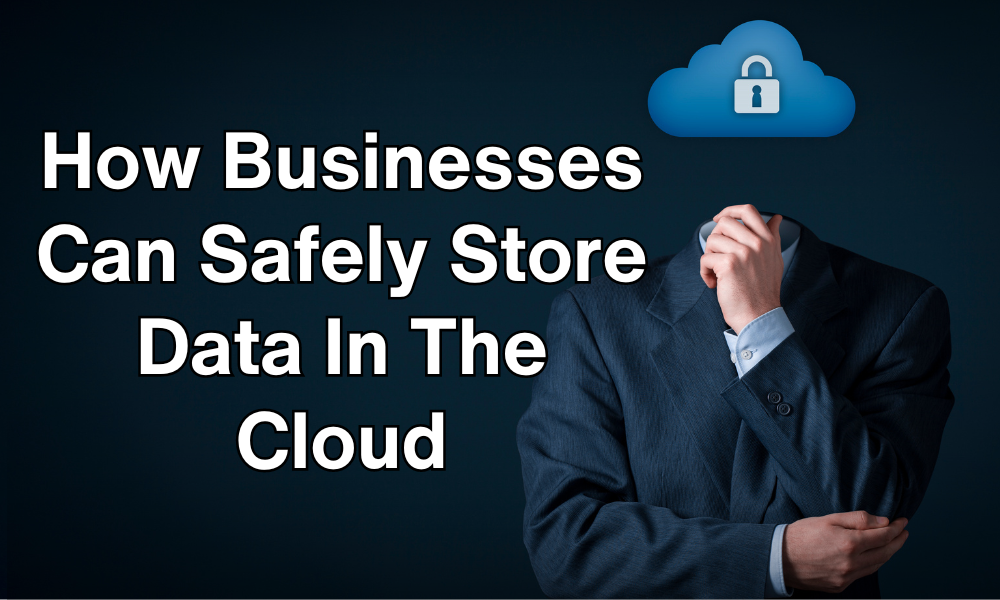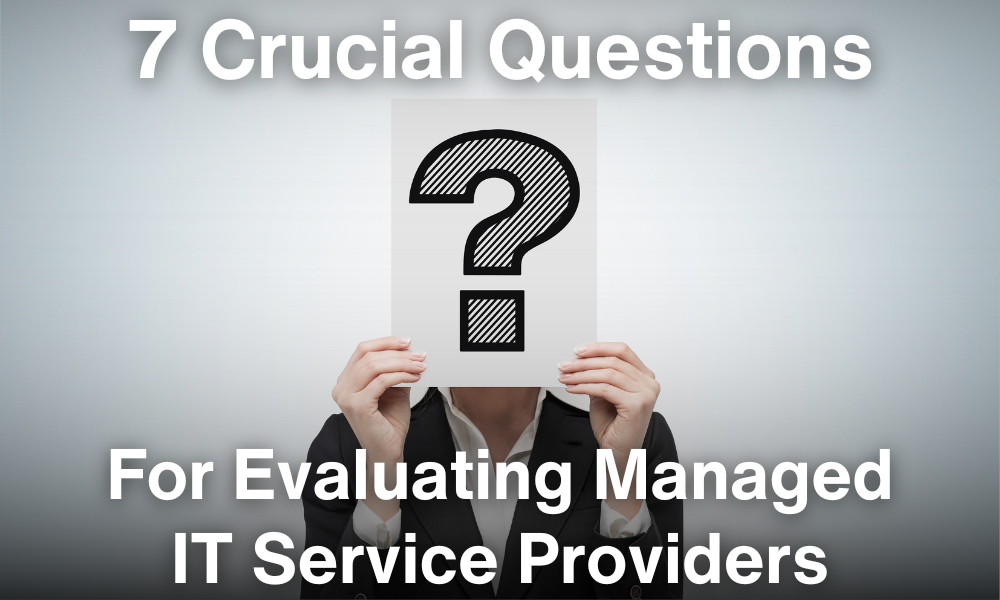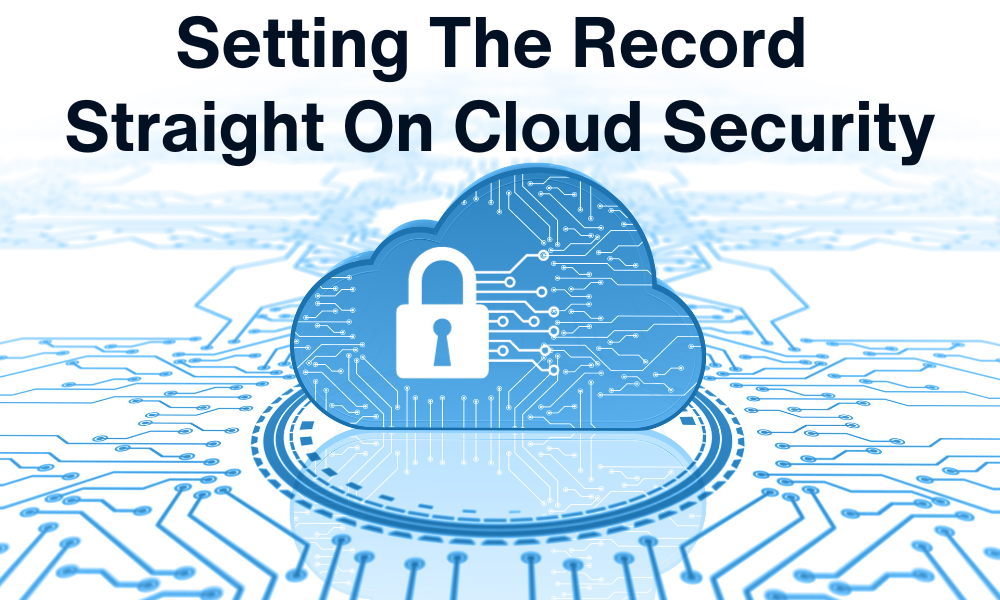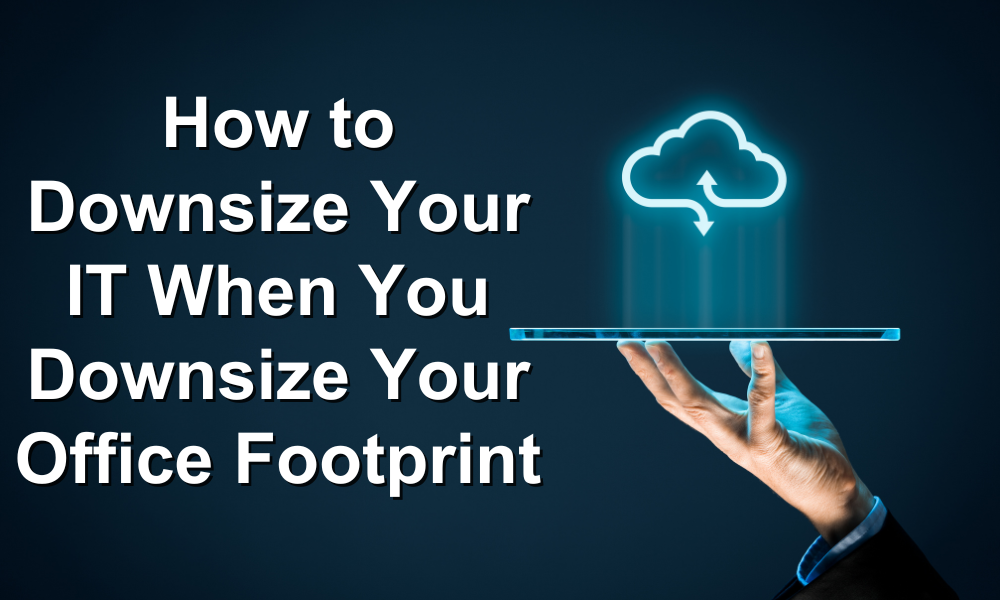Businesses are increasingly storing data in the cloud. Over the next decade, the global cloud computing market is expected to expand at a compound annual growth rate of 16.8%, from $629.5 billion in 2023 to $2,974.6 billion in 2033, according to Market.us. By adopting cloud-based technologies, companies realize multiple advantages, including superior flexibility, ease of access, scalability, and, in many cases, enhanced security. Below are some considerations to ensure the safety of your data in the cloud.











